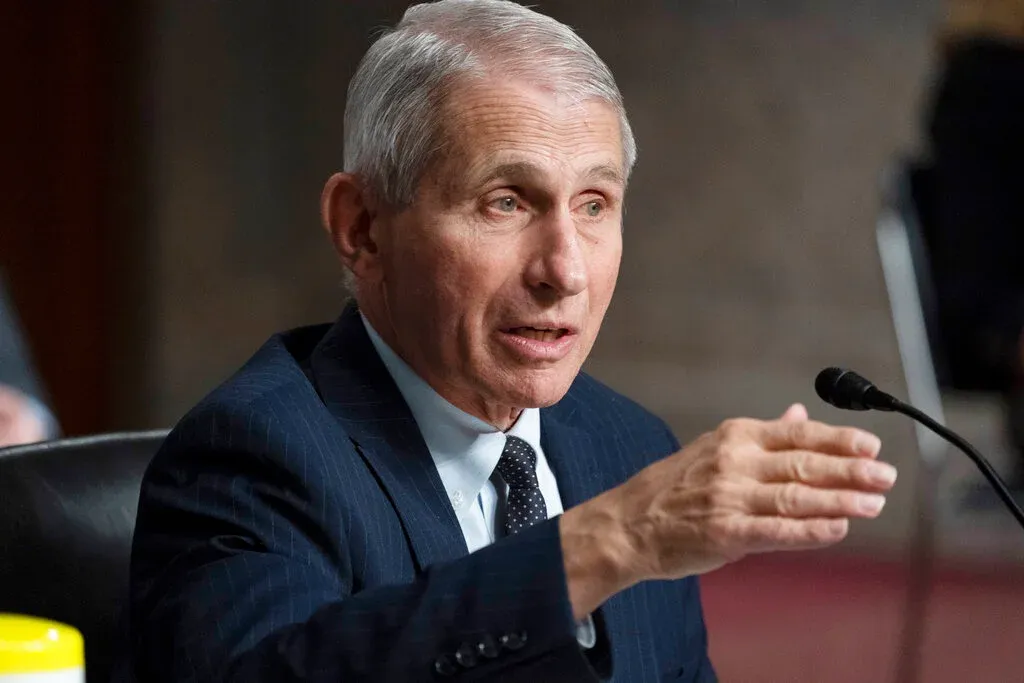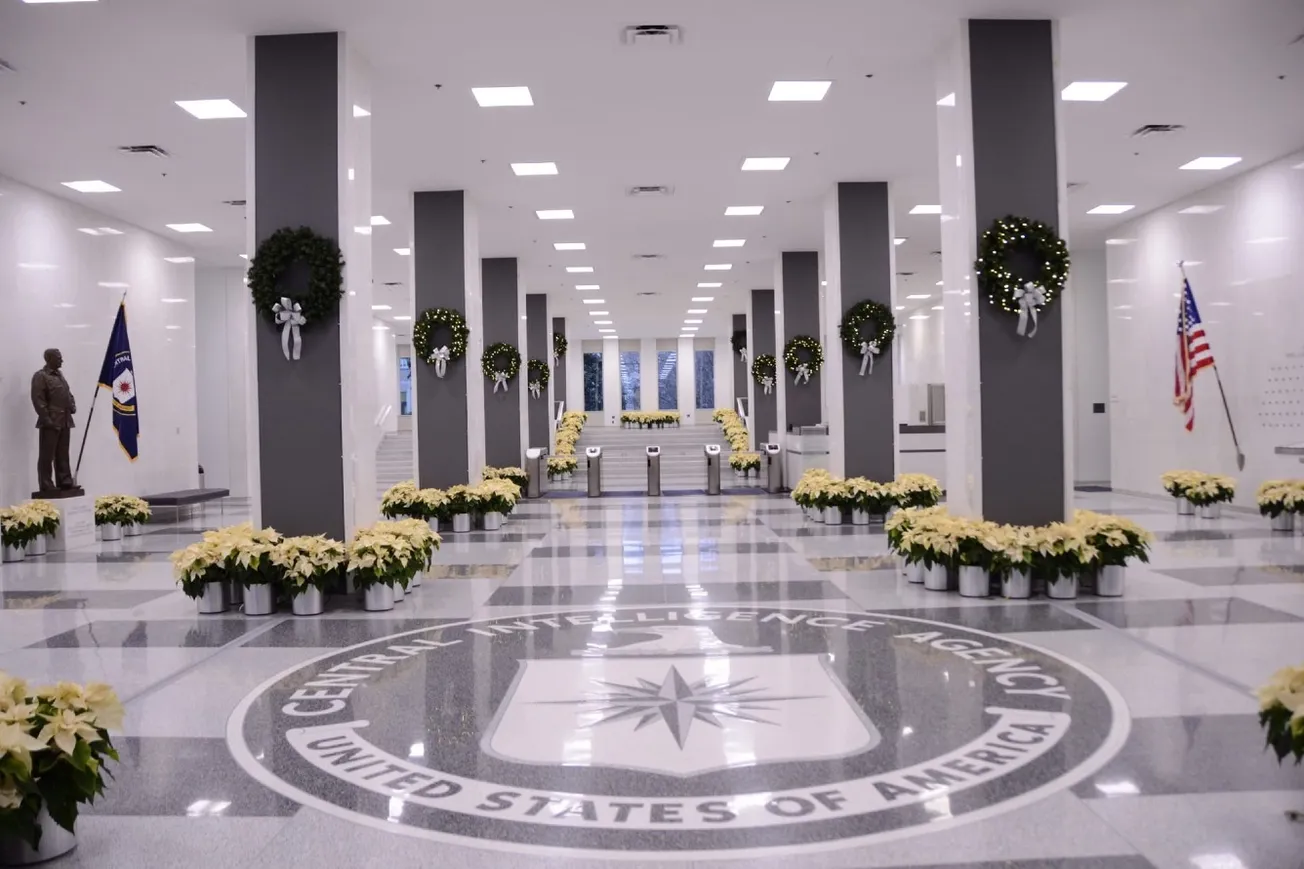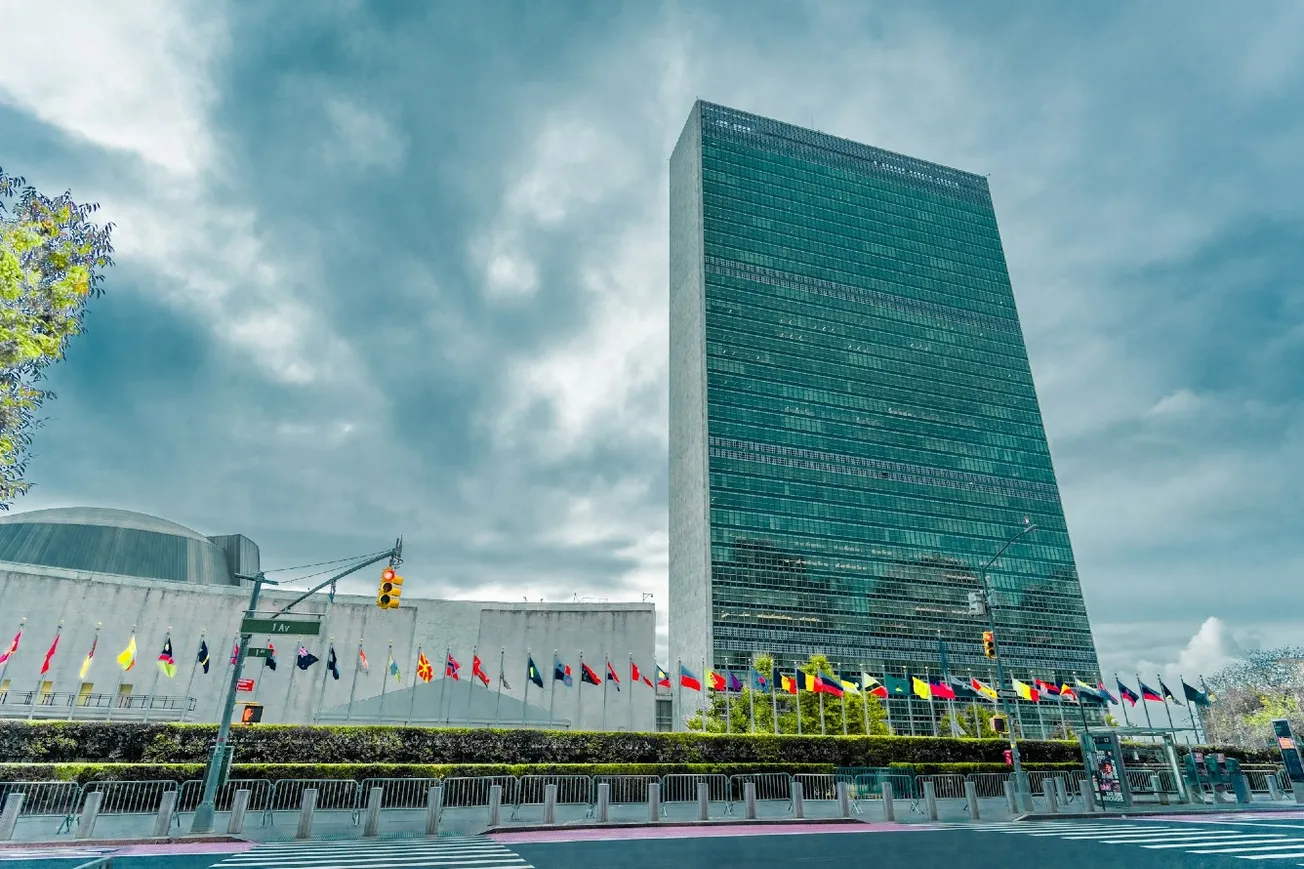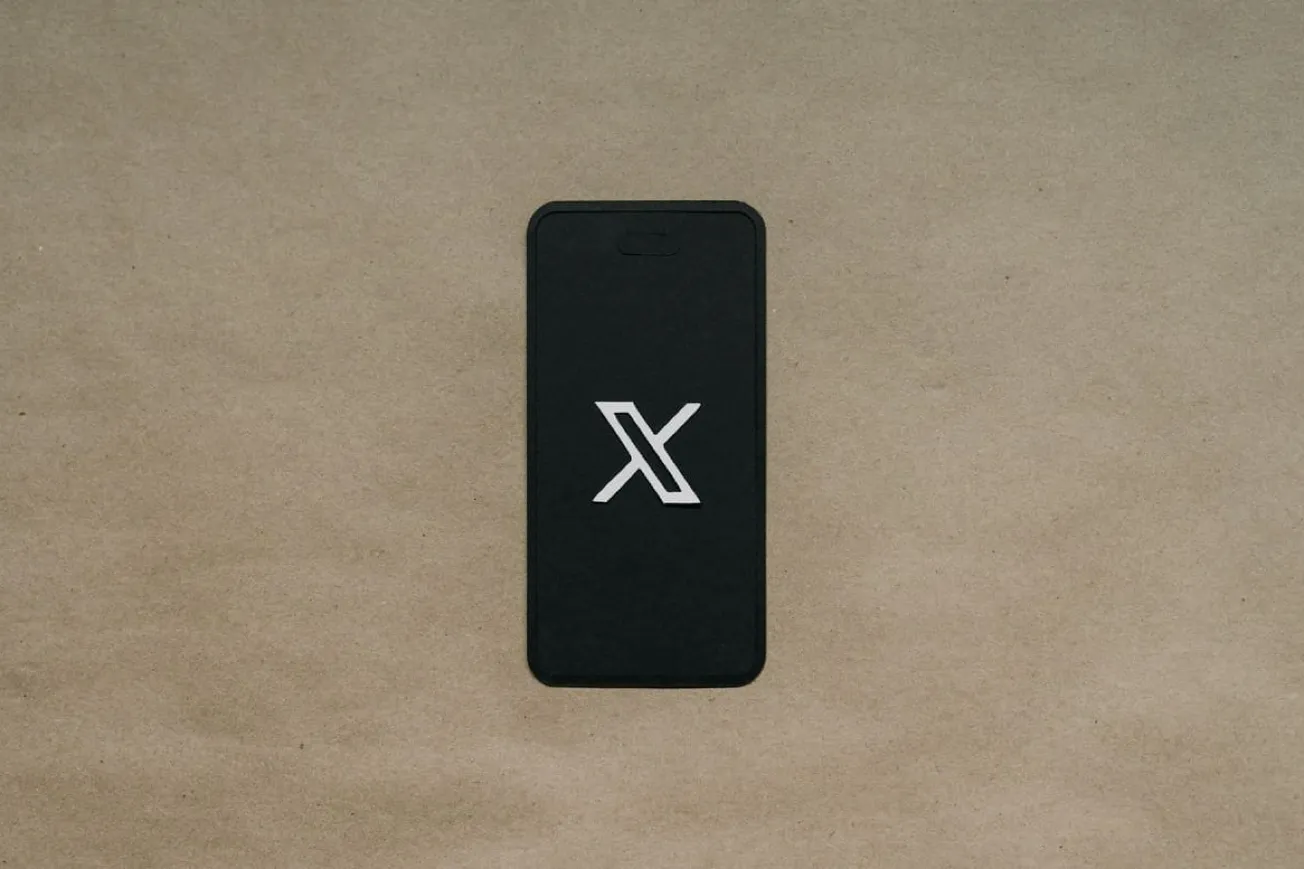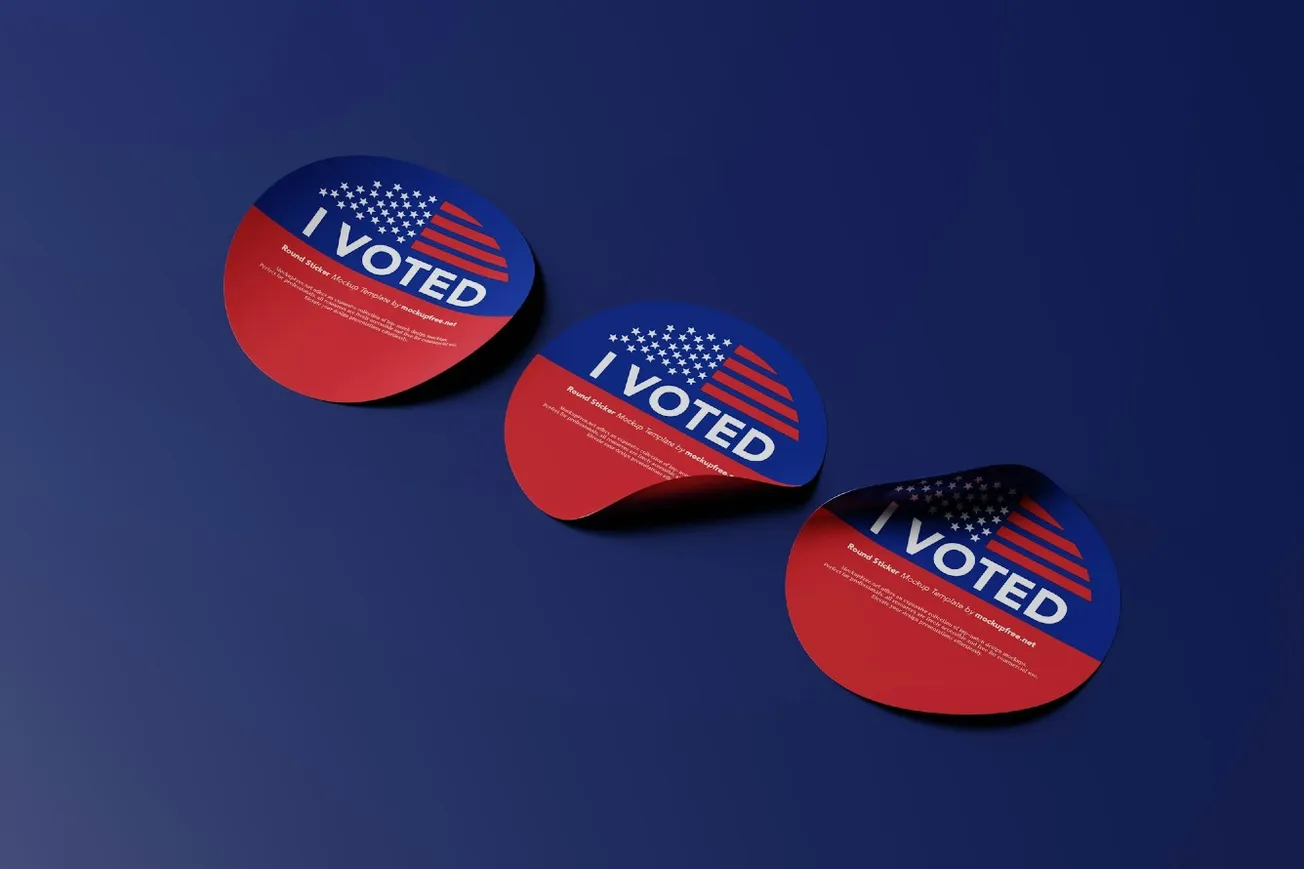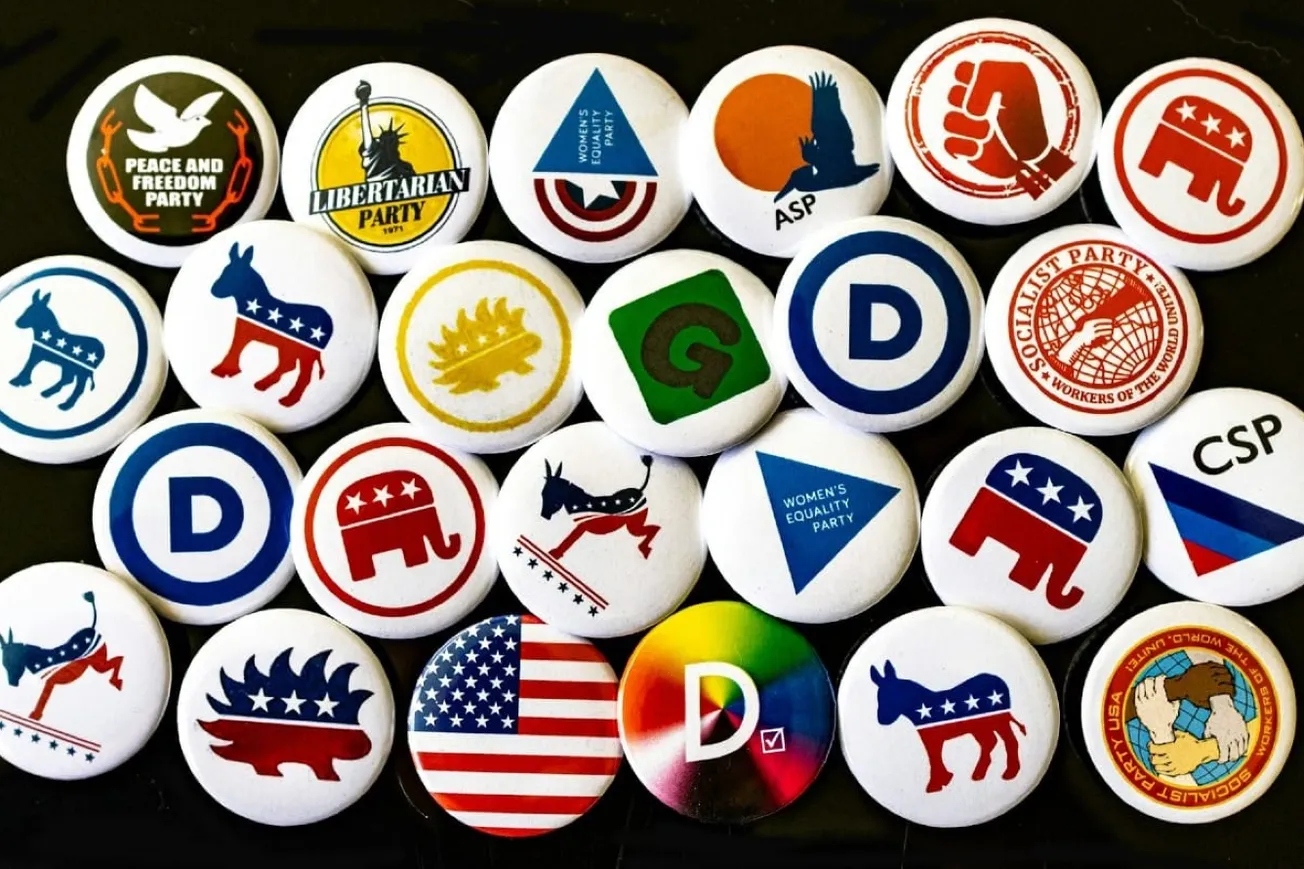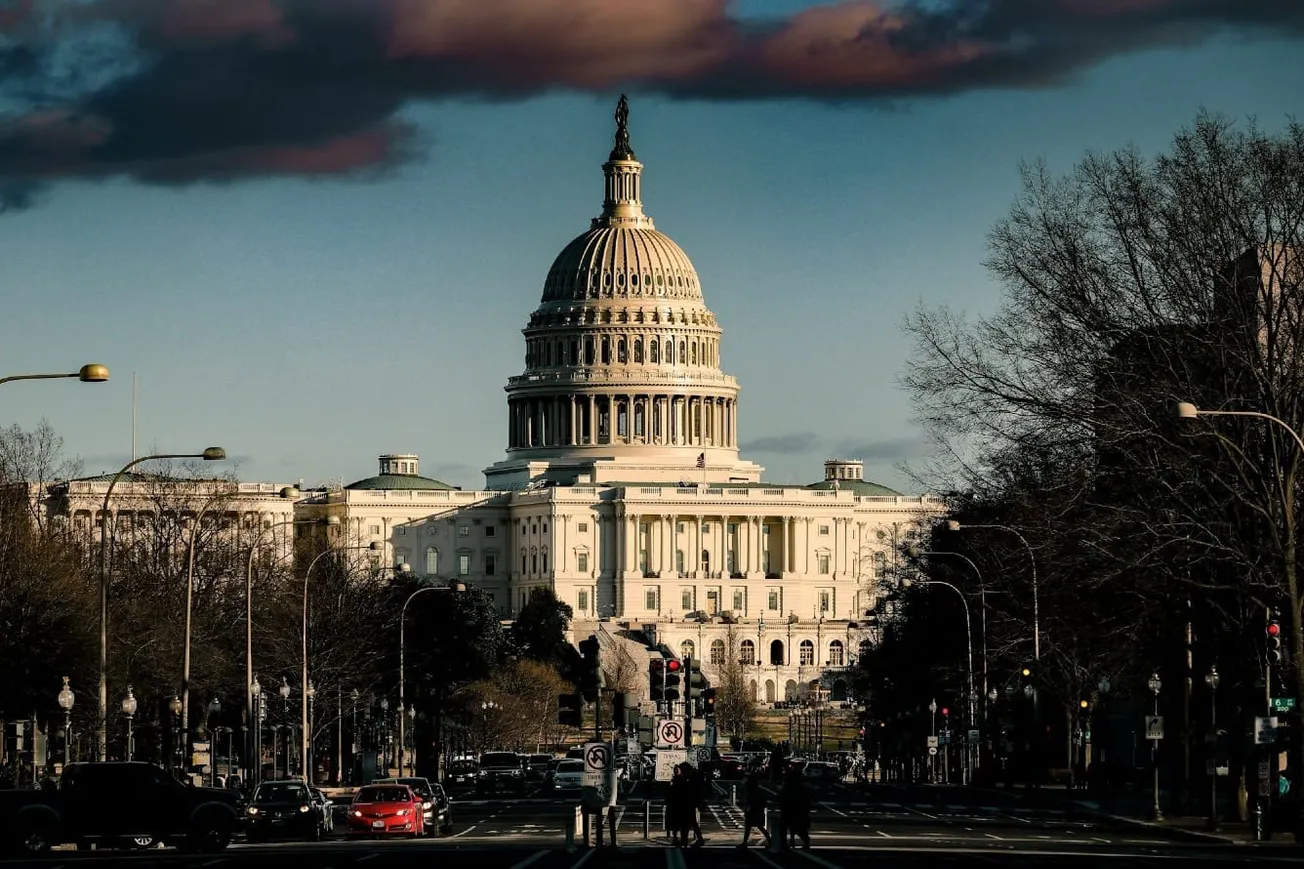Way back in 2012, Dr. Fauci was a visionary championing risky research. Some call him the Godfather of gain-of-function research. He penned an article in mBio, the American Society for Microbiology journal, titled "Research on Highly Pathogenic H5N1 Influenza Virus: The Way Forward."
Here's Dr. Fauci: The issue that has been intensely debated is whether knowledge obtained from these experiments could inadvertently affect public health in an adverse way, even in nations multiple time zones away. Putting aside the specter of bioterrorism for the moment, consider this hypothetical scenario: an important gain-of-function experiment involving a virus with serious pandemic potential is performed in a well-regulated, world-class laboratory by experienced investigators, but the information from the experiment is then used by another scientist who does not have the same training and facilities and is not subject to the same regulations. In an unlikely but conceivable turn of events, what if that scientist becomes infected with the virus, which leads to an outbreak and ultimately triggers a pandemic? Many ask reasonable questions: given the possibility of such a scenario—however remote—should the initial experiments have been performed and/or published in the first place, and what were the processes involved in this decision?

